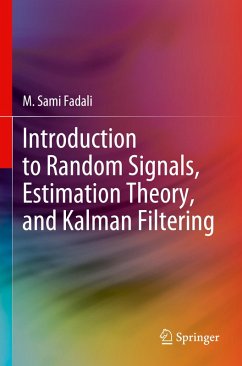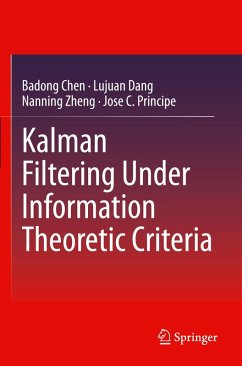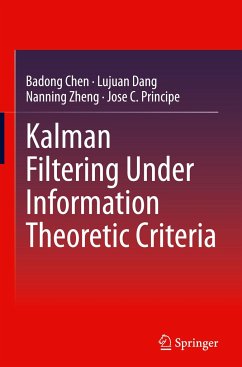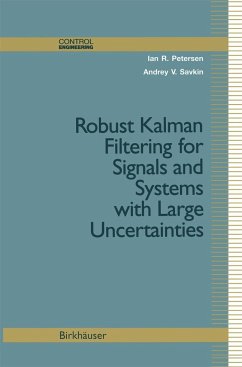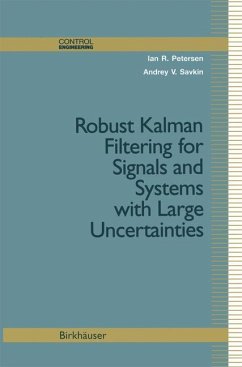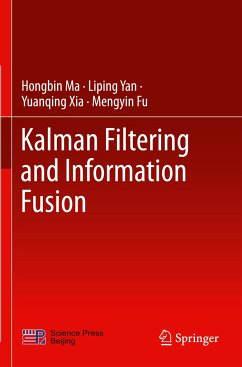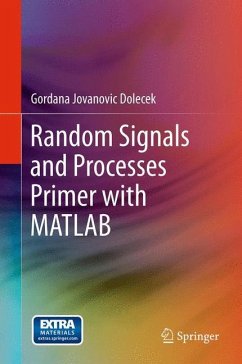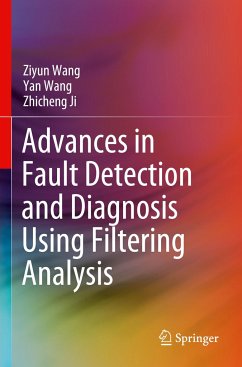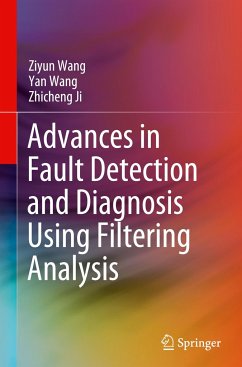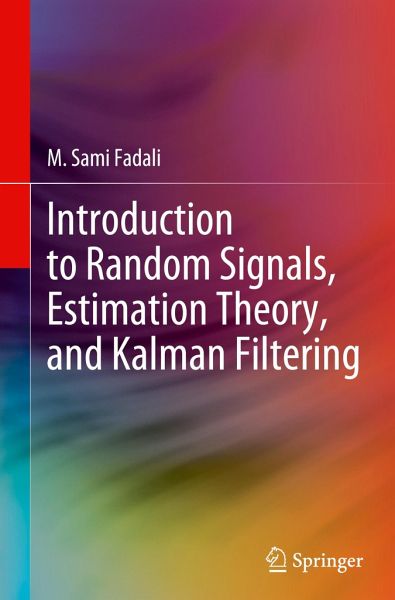
Introduction to Random Signals, Estimation Theory, and Kalman Filtering
Versandkostenfrei!
Versandfertig in 1-2 Wochen
75,99 €
inkl. MwSt.
Weitere Ausgaben:

PAYBACK Punkte
38 °P sammeln!
This book provides first-year graduate engineering students and practicing engineers with a solid introduction to random signals and estimation. It includes a statistical background that is often omitted in other textbooks but is essential for a clear understanding of estimators and their properties. The book emphasizes applicability rather than mathematical theory. It includes many examples and exercises to demonstrate and learn the theory that makes extensive use of MATLAB and its toolboxes. Although there are several excellent books on random signals and Kalman filtering, this book fulfills...
This book provides first-year graduate engineering students and practicing engineers with a solid introduction to random signals and estimation. It includes a statistical background that is often omitted in other textbooks but is essential for a clear understanding of estimators and their properties. The book emphasizes applicability rather than mathematical theory. It includes many examples and exercises to demonstrate and learn the theory that makes extensive use of MATLAB and its toolboxes. Although there are several excellent books on random signals and Kalman filtering, this book fulfills the need for a book that is suitable for a single-semester course that covers both random signals and Kalman filters and is used for a two-semester course for students that need remedial background. For students interested in more advanced studies in the area, the book provides a bridge between typical undergraduate engineering education and more advanced graduate-level courses.





